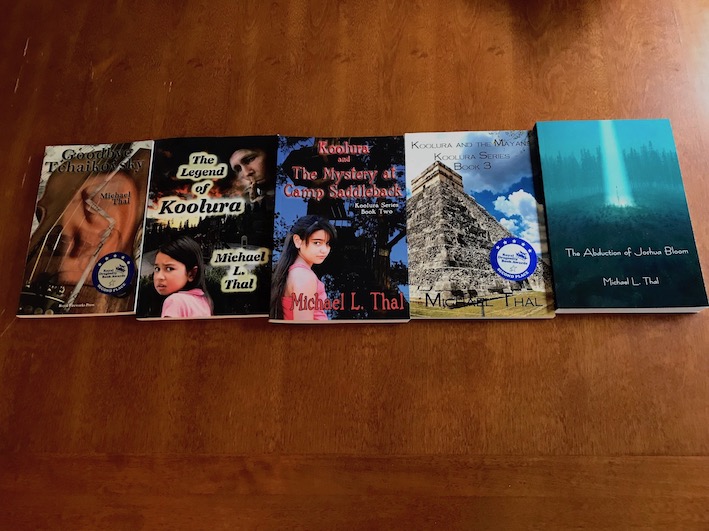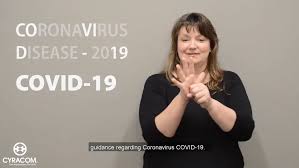Managing Hearing Loss
My hearing loss wasn’t gradual. I went to sleep one night with good hearing and awoke deafened. Six years later the virus returned making my “good” ear clinically deaf and leaving me with a severely dysfunctional left ear. Grief for my lost hearing hit hard.
According to David Kessler and Elizabeth Kubler Ross in their book, On Grief and Grieving, there are five stages of grief—denial, anger, bargaining, depression, and acceptance. Channie Amato, LMFT, puts it in perspective, “The stages don’t occur in an orderly progression. Grief affects each individual differently.”
Normally a highly motivated individual, I sank into depression. I was a teacher who couldn’t understand a word his sixth grade students said, and as a father of two young daughters, I needed to set a positive example. Prior to my hearing loss I never raised my voice to my girls. Now I was screaming at them daily. Things needed to change, and fast.
First, my ENT specialist granted me disability. Since he told me I would eventually be deaf, I decided to control my hearing loss by taking American Sign Language (ASL) classes at Pierce College. At home, I taught my daughters what I learned. My need to nurture my children helped bring me out of depression. But, I was still very angry. Why did God do this to me? My dad used to call me “Michael the good.” Didn’t my kindness and empathy for others count in this life?
Perhaps I should find a new career where hearing wouldn’t mean so much? In 1980 I took the California Educator Credentialing Examination (CBEST) and scored in the top 1% of the state in writing. Maybe that was my calling?
I subscribed to Writer’s Digest gobbling up each article as if I was in college working on a degree. Then I wrote articles for small publications without pay, just to get published clips. I dusted off an old novel started during my mid-twenties and learned how to write for more prestigious publications. I practiced my new craft daily, joined an on-line writers group, and organized three local writers into a monthly critique group.
It’s been twenty-seven years since I lost my hearing. As the doctor promised, I’m near deaf. I rely on hearing aids and other high tech gear to understand my hearing friends and I’ve become near ASL fluent. Over the years I authored over 80 print articles in magazines and I also wrote five YA novels of which two won awards. My most recent novel, “The Lip Reader,” is in search of a publisher/agent.
We each deal with loss and the grief it produces in different ways. I didn’t handle it by keeping that grief bottled up inside me. I reached out to others by learning a new language, made new friends who understood my problem, and during the day I steadfastly turned myself into an award-winning writer.
Michael Thal is a SCWBI PAL author of five published novels. Goodbye Tchaikovsky and The Abduction of Joshua Bloom are currently in print. You can learn more about the author at http://www.michaelthal.com.






Michael you have written for all of us. We suffer loss, different from person to person, and our reactions and way of handling the loss is also different. You have walked through the stages that Elizabeth Kubler Ross and David Kessler talk about in their book, and showed us your path to a hard-won acceptance. Thus inspiring all to find a way through grief to acceptance.
Thank you.
Wow – in the top 1% in writing on the CBEST. That’s impressive.